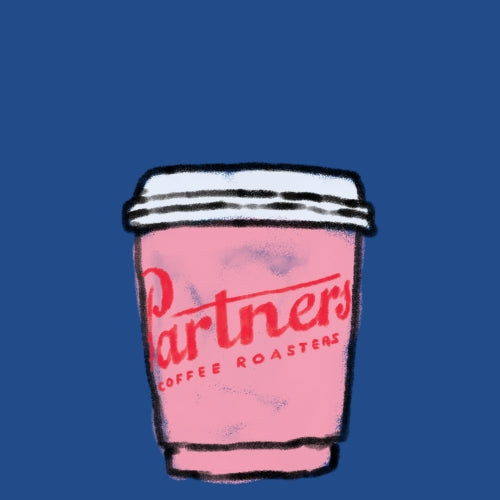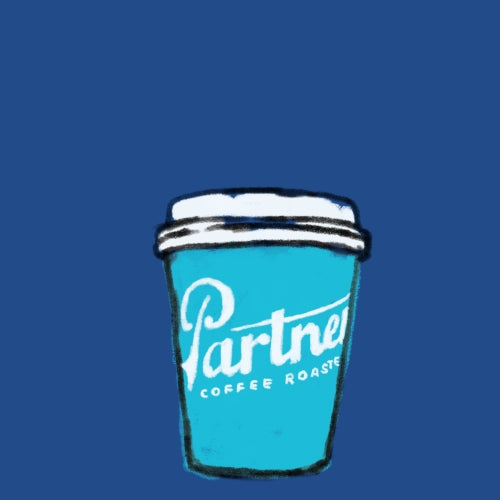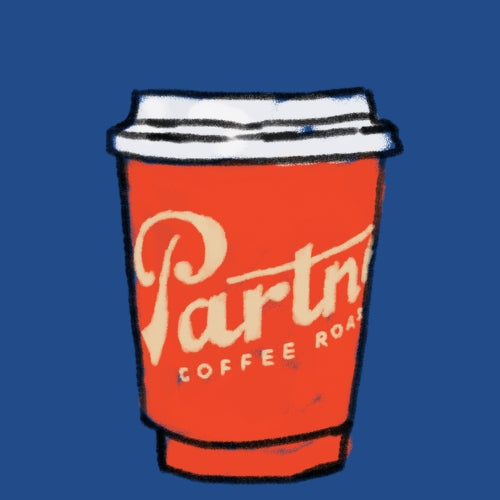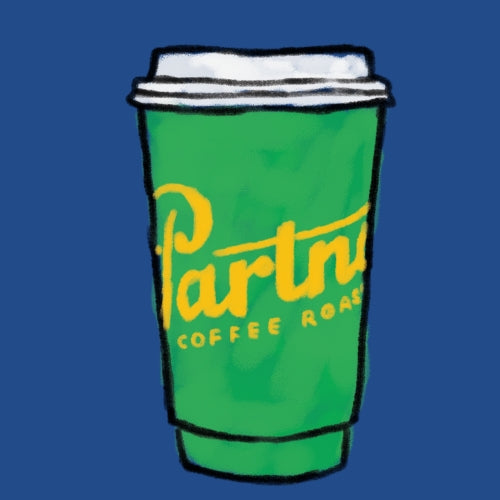Widespread coffee cultivation began in Burundi in the 1960s, before Burundi gained independence from Belgium. Only in the past two decades, in the aftermath of the civil war of the 1990s, has the country committed itself to the production of high quality specialty coffee.
Coffee cultivation in Burundi—like much of East Africa—is entirely smallholder based, and each producer owns an average of less than a hectare of coffee plants. Producers deliver their picked coffee to centralized depulping and washing stations, making several small deliveries over the course of the season according to when the fruits ripen. It may take hundreds or even thousands of deliveries and producers to create a finished "lot."
This style of production and purchasing makes it practically impossible to arrive at a single-producer or single-farm lot (though they are almost always single-variety, as the overwhelming majority of coffee plants here are red bourbon). Instead, coffee is sold under the name of the washing station where it was processed. This does not mean that all coffee appearing in the market under a single name (such as Gahahe) is created equal—different quality tiers, day lots, and processing batches will lead to a spectrum of quality coming out of a single station. Furthermore, competition between nearby washing stations incentivizes each station to accept coffee indiscriminately, sorting for quality after receipt.
This spectrum of quality is ultimately a fantastic thing for specialty coffee drinkers—it is a relatively new development for Burundi's coffee sector and it means the most beautiful coffees are no longer blended away to create a single, homogenous export product.
Gahahe is located in the Gatara Commune within Kayanza Province. It is one of 21 washing stations operating in the area, one of the most potentialed and crowded growing regions of the country. Here, at elevations exceeding 1,800 meters above sea level, with mild temperatures that average 65°F, and with well-defined rainy periods, the conditions are ideal for producing dense, slowly-matured coffee fruits.
Gahahe is operated by Greenco, a sister company of Sucafina, our import partners for all of East Africa. Over 1,700 producers are registered with the station and regularly deliver coffee during the harvest. Members are organized into groups of 30 people, headed by a farm leader who will help teach and maintain the best growing practices and act as a spokesperson and advocate for the group with Gahahe's management. At the washing station, farmers can receive organic fertilizer made from composted coffee pulp. To promote farm renovation (namely, the replacement of aging trees), producers can buy low-cost, subsidized coffee seedlings from Gahahe's nursery.
At delivery, the coffee is screened by Gahahe's staff to ensure ripeness before being weighed and recorded for payment. The coffee is mechanically depulped and fermented in dry tanks for 12 hours before passing through washing and grading channels. The densest, highest quality coffee sinks in the channels, is isolated, and is soaked in tanks for another 24 hours. It is moved to pre-drying tables, where the bulk of the free moisture drains, and the station's staff perform another stage of hand-sorting. Afterwards, it is moved to raised drying beds where the parchment coffee is spread thinly and turned frequently for uniform drying, reaching the ideal 12% moisture within about 21 days.
The dry mill, which is also run by Greenco, is the final stage in quality assurance. The coffee is milled to remove its parchment layer then passed through an optical sorter which checks previously missed defects and inconsistencies under ultraviolet light.
In this part of the world, where thousands of producers may contribute to a single microlot, it can be challenging to identify effective ways to distribute additional price premiums. This year and last, we've supported a farmgate initiative providing livestock and animal husbandry education to producers of Gahahe. Groups of producers are given 1 male and 10 female goats which support the community by providing food and by converting household food waste into manure, a valuable organic fertilizer. This creates a positive cycle as more members are given offspring from the initial brood.
Coffee cultivation in Burundi—like much of East Africa—is entirely smallholder based, and each producer owns an average of less than a hectare of coffee plants. Producers deliver their picked coffee to centralized depulping and washing stations, making several small deliveries over the course of the season according to when the fruits ripen. It may take hundreds or even thousands of deliveries and producers to create a finished "lot."
This style of production and purchasing makes it practically impossible to arrive at a single-producer or single-farm lot (though they are almost always single-variety, as the overwhelming majority of coffee plants here are red bourbon). Instead, coffee is sold under the name of the washing station where it was processed. This does not mean that all coffee appearing in the market under a single name (such as Gahahe) is created equal—different quality tiers, day lots, and processing batches will lead to a spectrum of quality coming out of a single station. Furthermore, competition between nearby washing stations incentivizes each station to accept coffee indiscriminately, sorting for quality after receipt.
This spectrum of quality is ultimately a fantastic thing for specialty coffee drinkers—it is a relatively new development for Burundi's coffee sector and it means the most beautiful coffees are no longer blended away to create a single, homogenous export product.
Gahahe is located in the Gatara Commune within Kayanza Province. It is one of 21 washing stations operating in the area, one of the most potentialed and crowded growing regions of the country. Here, at elevations exceeding 1,800 meters above sea level, with mild temperatures that average 65°F, and with well-defined rainy periods, the conditions are ideal for producing dense, slowly-matured coffee fruits.
Gahahe is operated by Greenco, a sister company of Sucafina, our import partners for all of East Africa. Over 1,700 producers are registered with the station and regularly deliver coffee during the harvest. Members are organized into groups of 30 people, headed by a farm leader who will help teach and maintain the best growing practices and act as a spokesperson and advocate for the group with Gahahe's management. At the washing station, farmers can receive organic fertilizer made from composted coffee pulp. To promote farm renovation (namely, the replacement of aging trees), producers can buy low-cost, subsidized coffee seedlings from Gahahe's nursery.
At delivery, the coffee is screened by Gahahe's staff to ensure ripeness before being weighed and recorded for payment. The coffee is mechanically depulped and fermented in dry tanks for 12 hours before passing through washing and grading channels. The densest, highest quality coffee sinks in the channels, is isolated, and is soaked in tanks for another 24 hours. It is moved to pre-drying tables, where the bulk of the free moisture drains, and the station's staff perform another stage of hand-sorting. Afterwards, it is moved to raised drying beds where the parchment coffee is spread thinly and turned frequently for uniform drying, reaching the ideal 12% moisture within about 21 days.
The dry mill, which is also run by Greenco, is the final stage in quality assurance. The coffee is milled to remove its parchment layer then passed through an optical sorter which checks previously missed defects and inconsistencies under ultraviolet light.
In this part of the world, where thousands of producers may contribute to a single microlot, it can be challenging to identify effective ways to distribute additional price premiums. This year and last, we've supported a farmgate initiative providing livestock and animal husbandry education to producers of Gahahe. Groups of producers are given 1 male and 10 female goats which support the community by providing food and by converting household food waste into manure, a valuable organic fertilizer. This creates a positive cycle as more members are given offspring from the initial brood.





Leave a comment
This site is protected by hCaptcha and the hCaptcha Privacy Policy and Terms of Service apply.